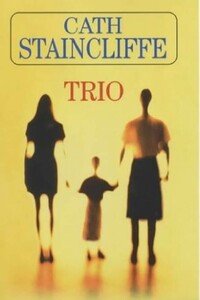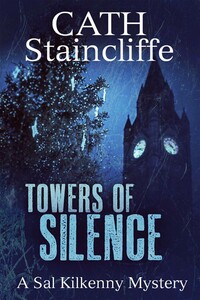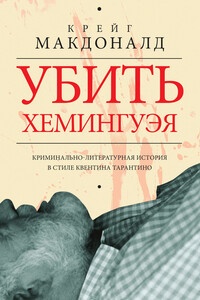Split Second - страница 58
Andrew shook his head, mouthed: Sorry. Sat there until his break was over.
His final patient that afternoon was a young man, early twenties, whose long-term abuse of solvents had left him with damage to the throat and vocal cords. Andrew read his notes carefully and made his own examination: feeling the patient’s throat and neck and jaw, looking inside his mouth, where he saw the scar tissue on the lining of the mouth and throat, and also the badly decayed teeth, the enamel now translucent, grey, the dentine destroyed.
‘You getting any rehab?’ he asked.
The man shook his head. The skin around his mouth was crusted with a virulent rash.
‘Are you on the waiting list?’ Andrew asked him.
He nodded.
‘Because any more abuse like this and your cords’ll pack up for good, yeah?’
The patient shrugged, and Andrew felt a flash of anger. This lad destroying his health, mistreating his own body, no idea how precious life was. He turned away, pretending to study his notes, waiting for the fierce emotion to ebb away and rational thought to return. As in – maybe he doesn’t see his life as precious: low self-esteem, shitty background, his life a burden half the time, something he only wants to escape from.
‘Put your lips together,’ Andrew said. ‘Good. Now open them, not too wide, right. Sit up straight. Now, do that again, but first take a breath down here,’ he indicated on himself, below the diaphragm, ‘and as you open your mouth, push the air out, like so: “Pah! Pah!”’ The man copied him, then grinned sheepishly. ‘What we’ll do,’ Andrew said, ‘is build up a way of speaking that minimizes the strain on your vocal cords. A lot of it is about relaxation.’
At the end of their fifteen minutes, he sent the man away with a copy of exercises he had to do, with no idea whether he’d be back at the same time the following week or if that was the last he’d see of him.
He caught up with his emails, and the online newsletters he subscribed to for work. There was a piece inviting papers on selective mutism. People, usually children, who stopped speaking, or never started, not because of any physical impediment but due to psychological factors, in particular acute social anxiety or phobia. Most children eventually developed coping mechanisms and so learned to communicate in public. Because Andrew dealt with adults, he’d never worked with a patient like that, though in his training he had shadowed a therapist treating a four-year-old girl who had become mute once she started school. The name for the disorder had changed in recent years, from elective mutism to selective. Reflecting the understanding that people suffering from the condition did not choose to stay silent but were physiologically unable to speak in certain situations.
He thought of the people on the bus, the people who had sat dumbly while Jason spoke up. If only one or two of them had found their voices and backed him up, echoed his sentiments, then it all might have been so different. Luke safe, Jason alive.
He waited until it was dead on 5.30, then went to the office, where the clerical worker, Harriet, had her coat on. ‘Can you check a record for me?’
‘Don’s waiting.’ Harriet got picked up at 5.35 on the dot by her husband Don, which saved the couple car-parking fees. Harriet believed she was overworked and underpaid and behaved as though she was the only person in the NHS with that cross to bear. Everyone else was living the life of Riley and exploiting her.
‘I need it now, really,’ Andrew complained. ‘Just had a referral from surgery.’
She looked like she might spit at him.
‘Just log me on,’ he said. ‘I’ll find it.’ He tried to sound exasperated at her lack of co-operation, and prayed she wouldn’t smell a rat.
‘I’m not supposed to,’ she said.
‘You do it then,’ he challenged her.
She tutted loudly, inserted herself between him and the computer terminal, booted up, sighing pointedly every three seconds, and then typed in a password. ‘Make sure you log off and close down,’ she said, and stalked out, her heels clipping the lino.






